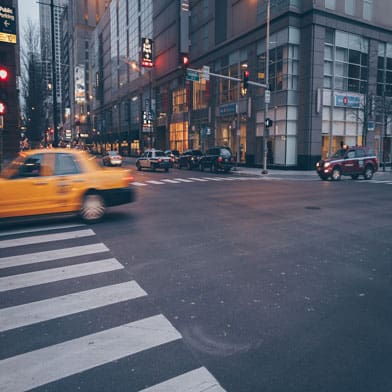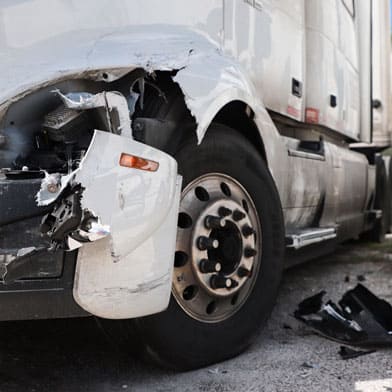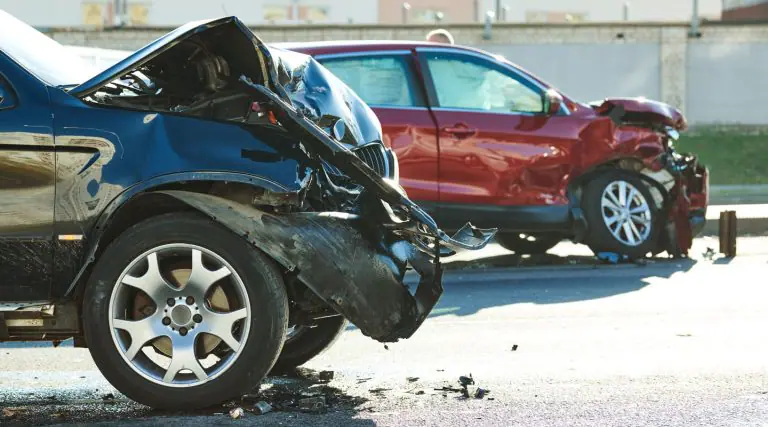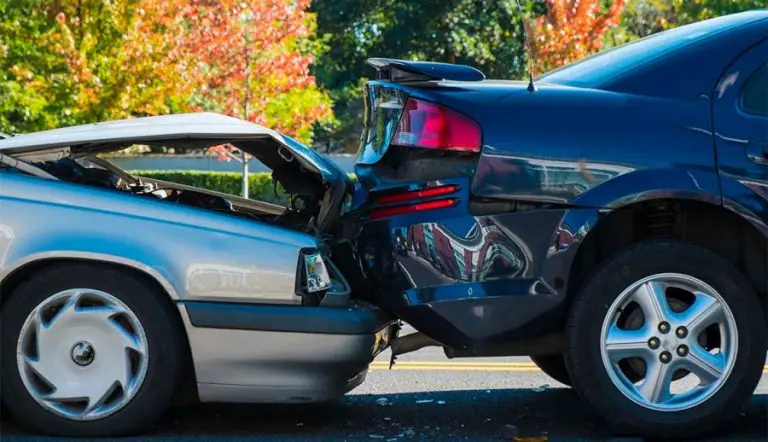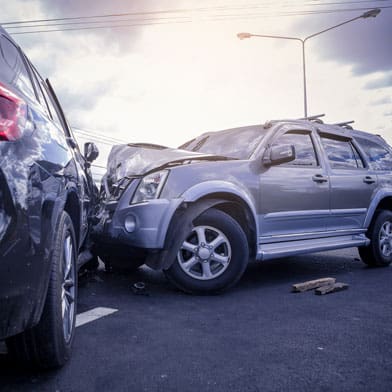The motorized scooter has taken the United States by storm, and as of June 15, 2019 the scooters will be introduced to Chicago, Illinois.
The scooters, designed as an eco-friendly alternative to cars and trucks, have also become a dangerous nuisance if not properly used.
What may be a lot of fun at the moment can cause dangerous situations.
The goal of many technology start-ups is to solve problems and make life more efficient.
One example that comes to mind is Uber and Lyft.
The ridesharing apps purpose is to make getting from one destination to another seamless.
Scooter companies aim to do the same, but by also cutting down on gas emissions from the number of cars and trucks on the road.
Bird and Lime, two of the most well-known scooter companies have taken the United States by storm with that goal.
The two companies observed a nitch that could be filled – if getting to one place to another by car was seamless, why couldn’t motorized scooters do the same, but for shorter distances?
The way it works is pretty simple.
Download the app, register your credit card, scan the QR code located on the handle of the scooter, and start moving.
The app will track your location and calculate the cost by time and distance ridden.
At the end of your trip, open the app and end the trip.
The app will ask you to take a picture of the scooter so the company can ensure it is being left in a safe location, but that is a relatively easy step.
Once completed, you can walk away and leave the scooter for the next person to ride.
It is as simple as that.
But, the electric scooters have, and will likely to continue to have, their issues, too.
The CDC even plans to conduct its first epidemiological scooter study in Austin, Texas due to the rise in injuries and emergency room visits related to electric scooter accidents.




